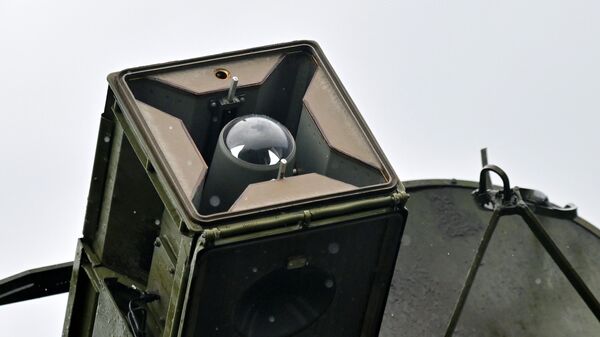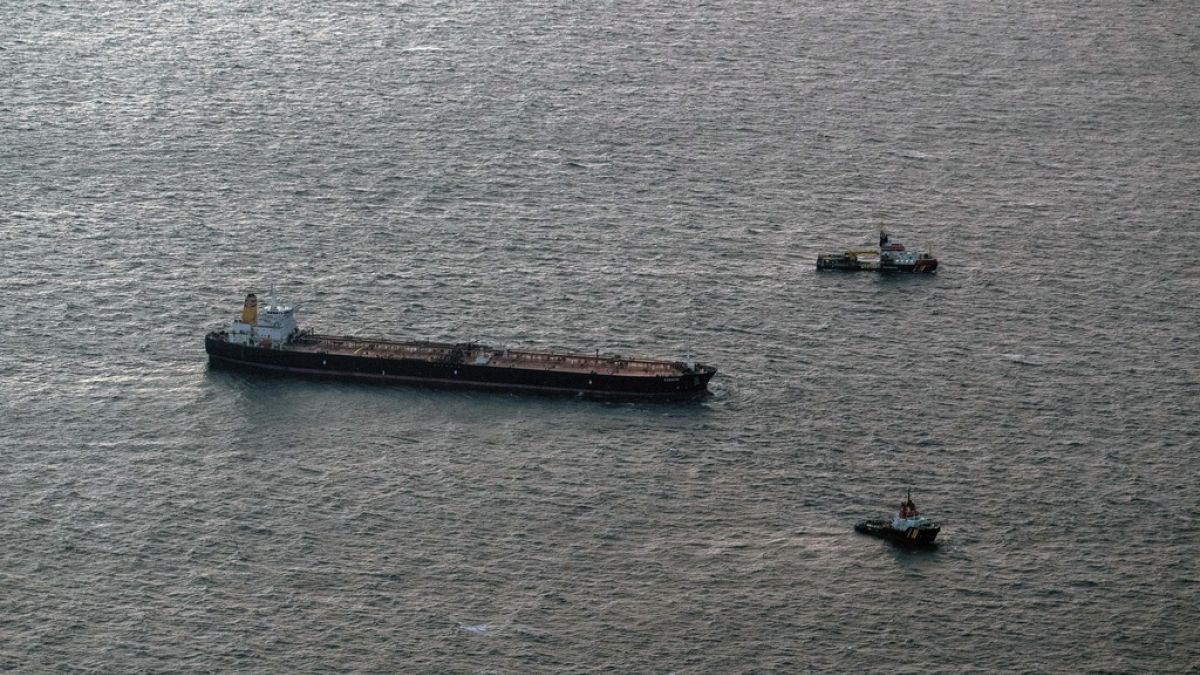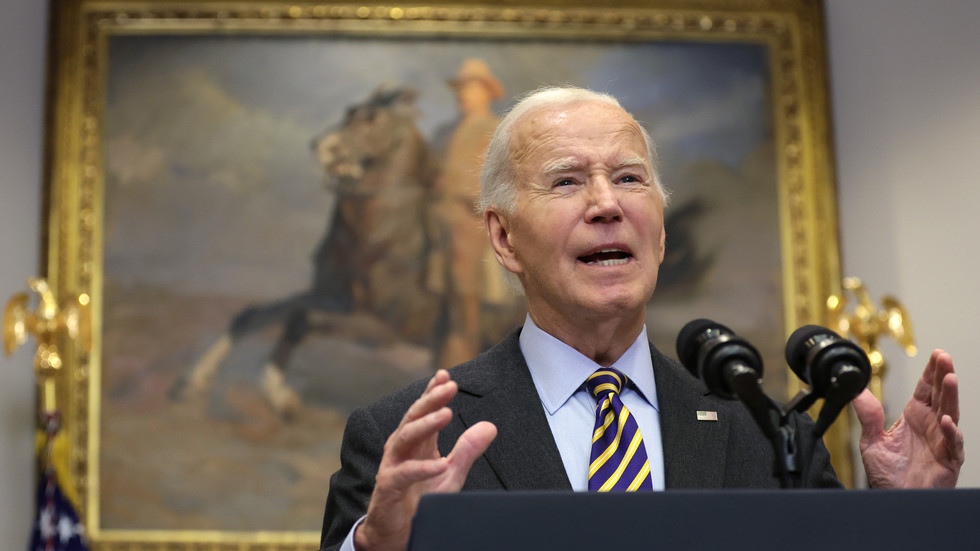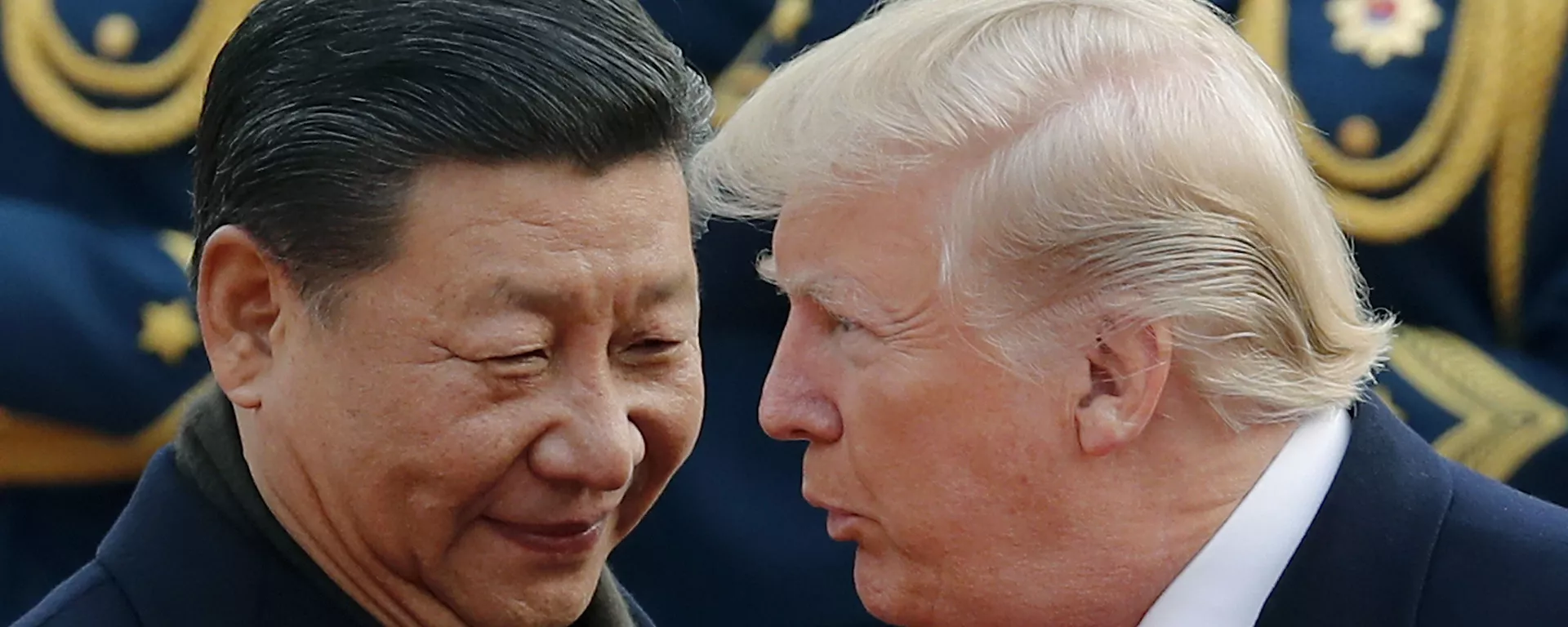“No definitive decisions” have been made regarding facilities in Tartus and Khmeimim, spokesman Dmitry Peskov has said
Moscow is continuing talks with the new powers in Damascus on the future of Russian military bases in Syria but no decisions have been made, Kremlin spokesman Dmitry Peskov stated on Monday.
A surprise offensive by militant and opposition groups led by Hayat Tahrir-al-Sham (HTS) earlier this month led to the ouster of President Bashar Assad, who fled Syria and was granted asylum in Russia, which had been a major supporter of his government. In 2017, Russia and Syria signed a deal for a 49-year lease of the Tartus naval base and the Khmeimim airbase in the eastern part of the country.
Asked on Monday to comment on media reports about the future of those facilities and whether Moscow could establish an enhanced military presence in Libya, Peskov replied that “there are no definitive decisions at the moment.”
Moscow maintains “contact with the representatives of the forces in charge of the situation in the country [Syria], and everything will be decided through dialogue,” he added.
Reuters, citing sources, initially reported last week of increased Russian air activity in Syria, with a cargo plane reportedly leaving the province of Latakia for Libya. However, a later article said that Moscow was not leaving its two military bases in the region, but rather withdrawing its troops from the northern part of the country.
TASS reported last week that Russia was in talks with the new leadership in Damascus on ways to maintain the country’s “presence in Syria and its previous status,” adding that Moscow “has secured temporary security guarantees, so the military bases are operating as usual.” Russian officials previously said that while the facilities are on high alert, they face no immediate threat.
In a sign of the ongoing dialogue, Abu Mohammed al-Julani, the controversial head of the HTS, has said that the Syrian leadership “was keen to avoid provoking Russia,” adding that the new government was willing to give Moscow an “opportunity to re-evaluate the relationship with Syria in a way that serves common interests.”

 3 weeks ago
9
3 weeks ago
9







 We deliver critical software at unparalleled value and speed to help your business thrive
We deliver critical software at unparalleled value and speed to help your business thrive






 English (US) ·
English (US) ·